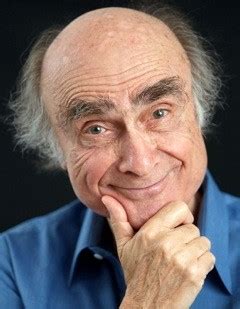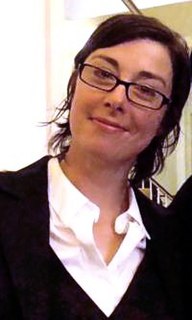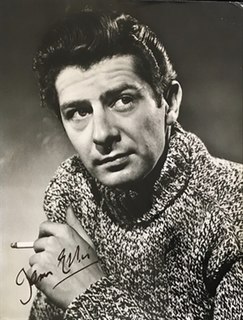A Quote by Haruki Murakami
Unfortunately, the clock is ticking, the hours are going by. The past increases, the future recedes. Possibilities decreasing, regrets mounting.
Related Quotes
I can't deceive myself out of the bare stark realization that no matter how enthusiastic you are, no matter how sure that character is fate, nothing is real, past or future, when you are alone in your room with the clock ticking loudly into the false cheerful brilliance of the electric light. And if you have no past or future which, after all, is all that the present is made of, why then you may as well dispose of the empty shell of present and commit suicide.
To dwell in the here and now does not mean you never think about the past or responsibly plan for the future. The idea is simply not to allow yourself to get lost in regrets about the past or worries about the future. If you are firmly grounded in the present moment, the past can be an object of inquiry, the object of your mindfulness and concentration. You can attain many insights by looking into the past. But you are still grounded in the present moment.
If history is to be creative, to anticipate a possible future without denying the past, it should, I believe, emphasize new possibilities by disclosing those hidden episodes of the past when, even if in brief flashes, people showed their ability to resist, to join together, occasionally to win. I am supposing, or perhaps only hoping, that our future may be found in the past's fugitive movements of compassion rather than in its solid centuries of warfare.





































